The Trifecta: Meth, Sex, and HIV
Meth. Sex. HIV.
You can't talk about one without the other.
Problem is, none of them are being talked about (enough).
When will we, the Queer Community, speak up?
When will we acknowledge the crystal meth epidemic?
An epidemic that is joked about, degraded, and ostrasticized.
An epidemic that is hiding in plain sight.
We like keeping it in the dark.
That way, it doesn't interrupt raves, orgies, and app-driven hypersexuality that has become a community sport.
"Crackhead"
"Are you clean?"
"So gross"
It is time to recover out loud. Make your story known.
Inspire other men to come forward so that we can begin putting a face and name to this addiction.
Staying silent allows the media to define meth addicts.
Staying silent puts us in yet another closet.
Staying silent allows our brothers to continue suffering.
It is time.
If you are currently struggling with crystal meth addiction, I have two available spots in my 1:1 Coaching Program. Let's work together to break free from Tina for good. Click here to apply.
Listen and/or watch the episodes here:

Podcast Study Guide:
In this episode of The AfterMeth, we are honored to be joined by Mark S. King, where we refer to his latest book, My Fabulous Disease: Chronicles of a Gay Survivor.
Let's dive in...
- The Intersection of HIV, Meth Addiction, and Shame in the Gay Community
Many gay men find themselves caught in a complex web of HIV, meth addiction, and deep-seated shame.
This trifecta can create a vicious cycle, where each element feeds into and amplifies the others. The shame of being gay in a heteronormative society can lead to substance use as a coping mechanism.
Meth use, in turn, can lead to risky sexual behaviors that increase the likelihood of HIV transmission. An HIV diagnosis then often brings its own layer of shame, which may drive further substance use.
It's a pattern that many find themselves trapped in, struggling to break free.
- The Ongoing Stigma and Challenges Faced by People Living with HIV
Despite medical advancements that have made HIV a manageable chronic condition, the stigma surrounding the virus remains pervasive.
Many people living with HIV still face discrimination in their personal relationships, workplaces, and healthcare settings. This stigma can lead to isolation, depression, and reluctance to seek necessary medical care or disclose one's status to potential partners.
It's important to recognize that while HIV may no longer be a death sentence, it remains a significant life-altering diagnosis that comes with unique social and emotional challenges.
- The Importance of Open Dialogue and Education about HIV and Addiction
One of the most powerful tools we have in combating stigma and misinformation is open, honest dialogue.
Many people still hold outdated beliefs about HIV transmission, treatment, and the lives of people with HIV.
Similarly, addiction is often misunderstood and stigmatized, particularly meth addiction within the gay community. By creating spaces for open conversations and sharing accurate, up-to-date information, we can start to break down these harmful misconceptions.
This can lead to greater empathy, better support systems, and ultimately, healthier communities.
- Recovery from Meth Addiction and Living Positively with HIV
Recovery from meth addiction and learning to live positively with HIV are both challenging journeys, but they're also journeys of hope and resilience.
Many people have found that these experiences, while difficult, have led them to a deeper understanding of themselves and a greater appreciation for life.
Recovery often involves not just abstaining from substances, but also addressing underlying issues, building healthy coping mechanisms, and creating a supportive community.
Similarly, living positively with HIV involves more than just managing the virus medically; it's about reclaiming one's sense of self-worth, navigating relationships, and finding purpose.
- Responding Compassionately to HIV Disclosure
Learning how to respond compassionately when someone discloses their HIV status is crucial.
Many people's first instinct is to try to comfort by saying things like "It's not a death sentence anymore," but this can feel dismissive of the very real emotions and challenges the person is facing.
Instead, it's often more helpful to simply listen, validate their feelings, and offer support without trying to "fix" the situation.
Remember that an HIV diagnosis is a significant life event, and it's okay for the person to need time to process their emotions.
Reflective Questions:
- How has stigma around HIV or addiction impacted your life or the lives of people you know?
- What fears or misconceptions do you still hold about HIV? Where do those come from?
- How can we create more open and supportive spaces to discuss HIV and addiction in the LGBTQ+ community?
- What role does shame play in perpetuating cycles of addiction and risky behavior?
- How can allies better support people living with HIV or in recovery from addiction?
Journal Prompts:
- Write about a time you felt stigmatized or judged. How did it impact you?
- Reflect on your journey of self-acceptance. What has helped you embrace all parts of yourself?
- Describe your ideal supportive community. What would it look like and feel like?
- Write a letter to your younger self about love, acceptance and resilience.
- What does "living positively" mean to you, regardless of HIV status?
Action Exercises:
- Research local HIV/AIDS organizations and find one way to get involved or show support.
- Have an open conversation with a friend or family member about HIV to increase awareness.
- Attend an HIV support group or recovery meeting as an ally to better understand lived experiences.
- Write and share your story of overcoming stigma or supporting a loved one.
- Create art, writing or media that promotes HIV education and fights stigma.
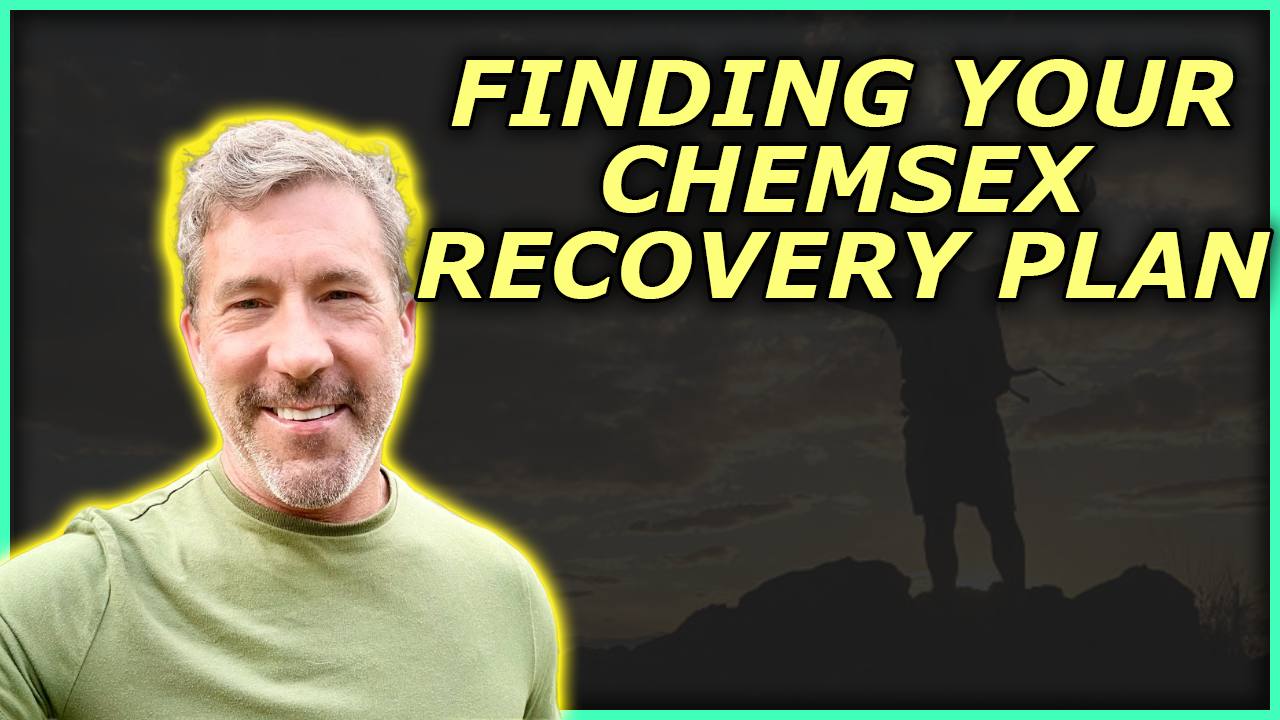
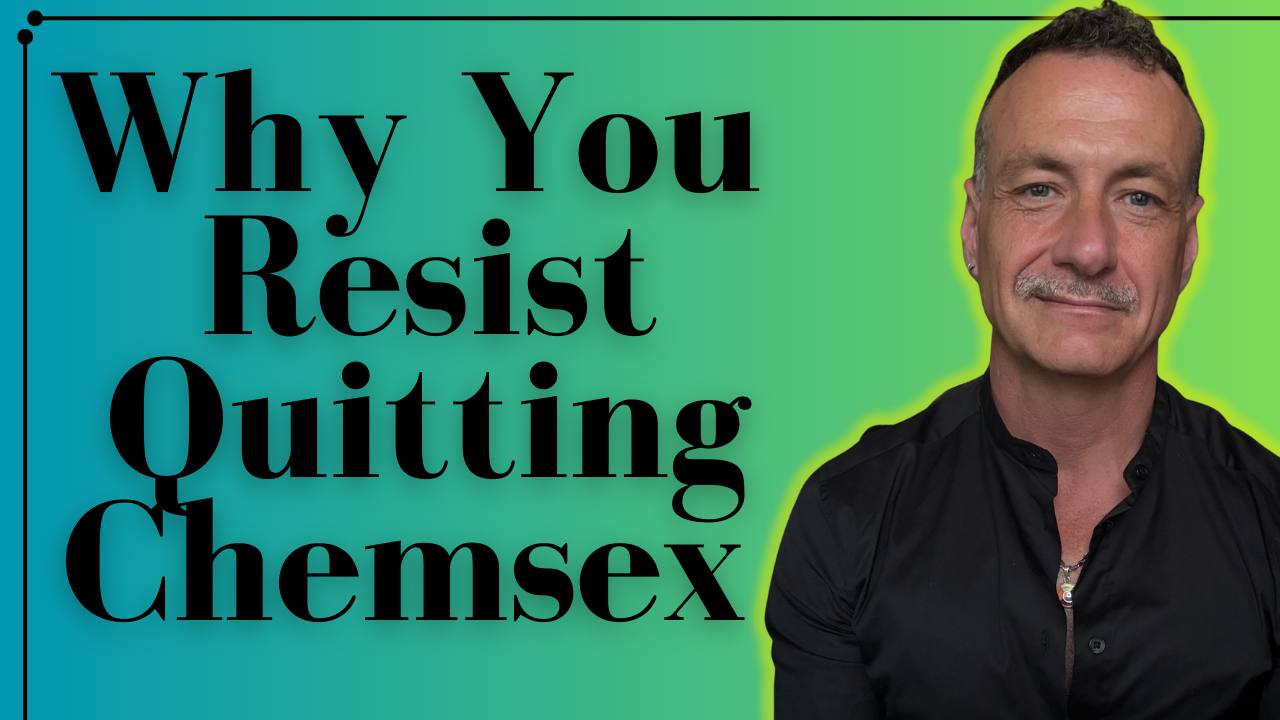
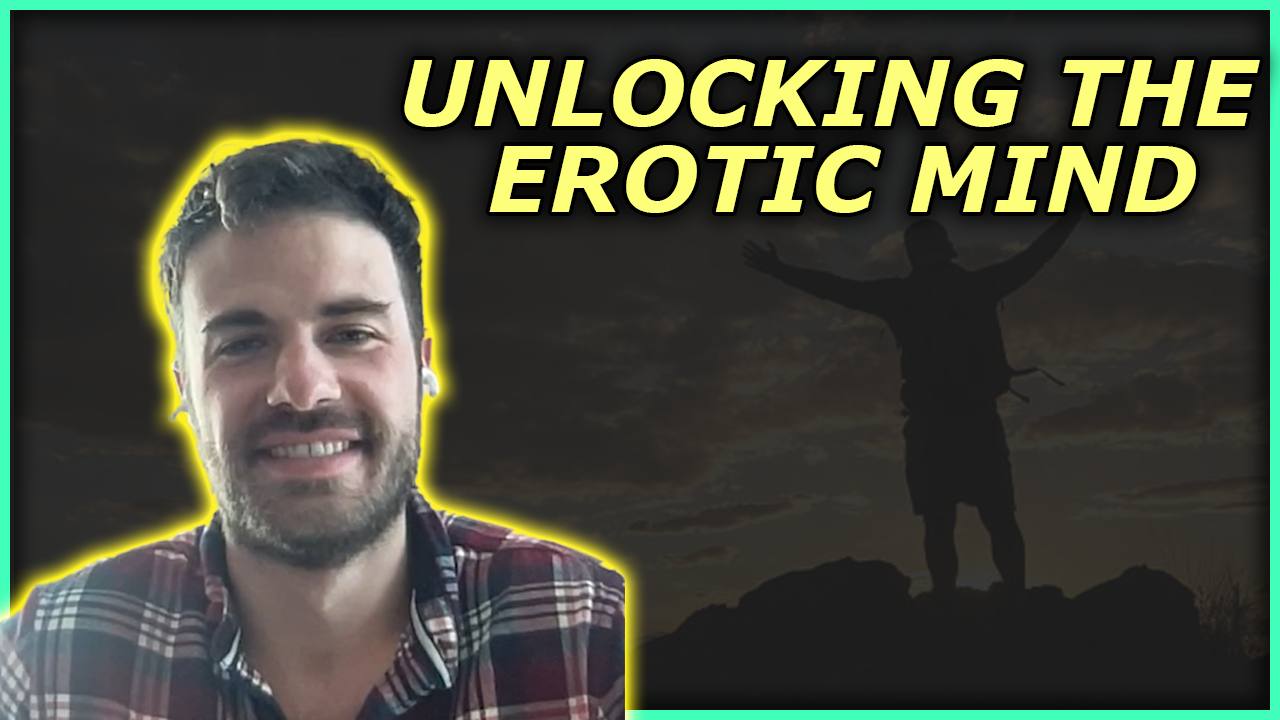
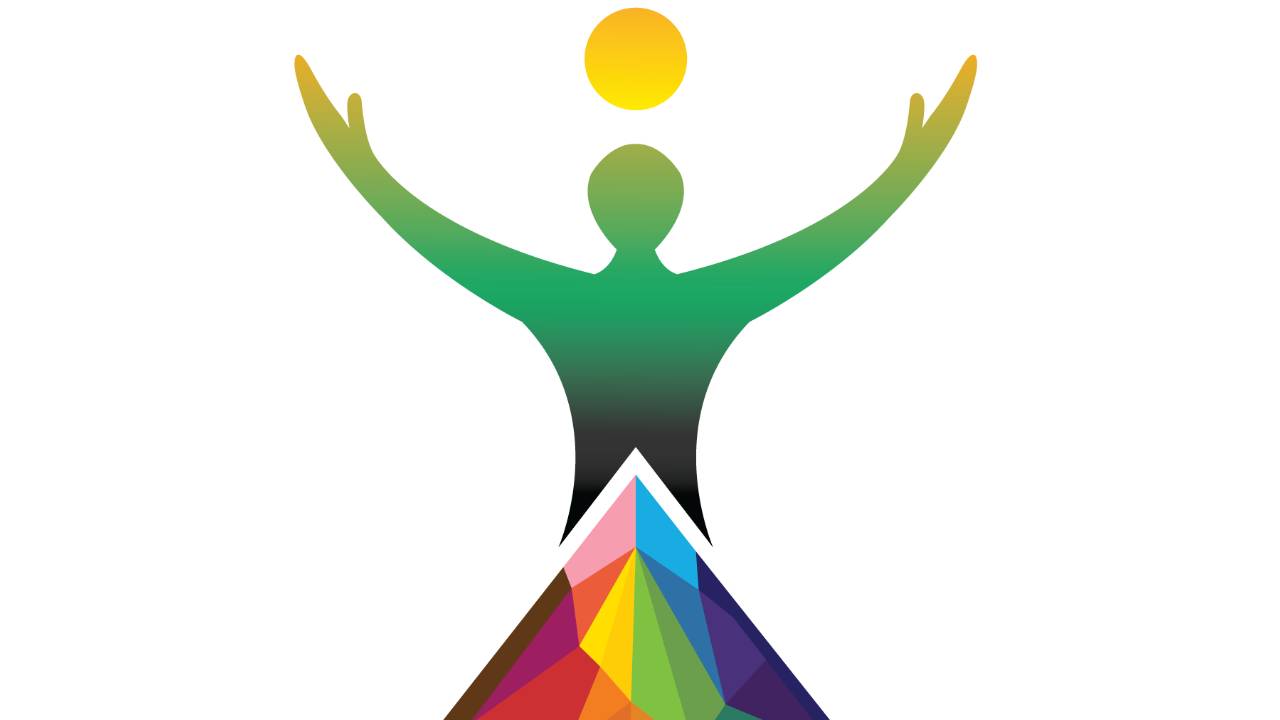
Responses